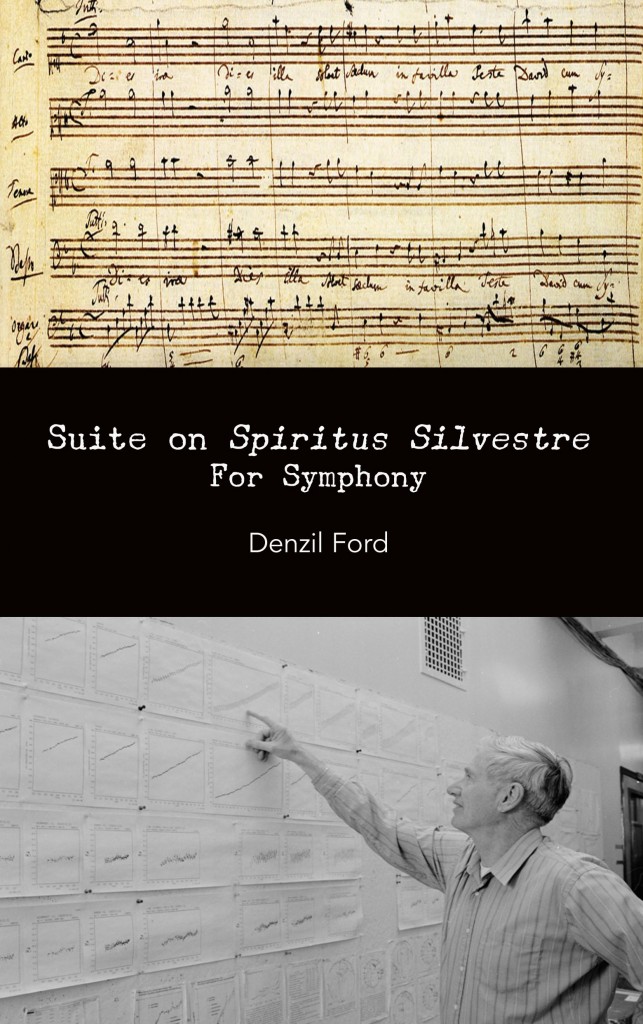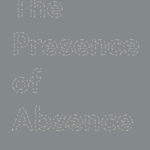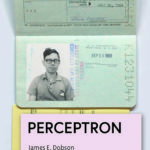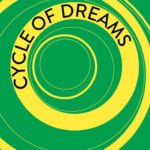Carbon dioxide. This small book aims to open a door. It is an experiment in thinking about an object made extremely familiar to many people across the world in recent years through science, the news, governments, and public discourses. One of the first names given to carbon dioxide was spiritus silvestre or wild spirit, a moniker that has fallen out of favor. This experiment is a chance to hold what we think we know about this object in our hand and ponder our own knowledge for a while by looking at it in one particular historical context long after more modern names became familiar.
Music. The reader is asked to create a space of visualization where the potential for new understandings arise when seemingly unrelated things and practices are taken seriously next to one another and where previous conceptions of wildness may have continued to emit sound even after formal names changed. In the 20th century, Charles Keeling was one of the major scientists interested in the wild spirit — he was also a musician.
Illumination. Denzil Ford highlights relationships between the musician and the scientist and further considers conceptualizing an object of scientific inquiry through the framework of a piece of music. Her narrative approach does not spell out every point but uses text and image together; this is a work of experimental thought written in experimental form. She joins other scholars looking at the multiple meanings of carbon dioxide across time and space, and her historical and philosophical approach allows the reader a moment to remember some of the social layers of scientific research that have led to our understanding of climate change, one of the greatest environmental problems of the 21st century.
Cover Photo: Charles D. Keeling in his laboratory, Scripps Institution of Oceanography [courtesy of Scripps Institution of Oceanography Archives, UC San Diego Library]




